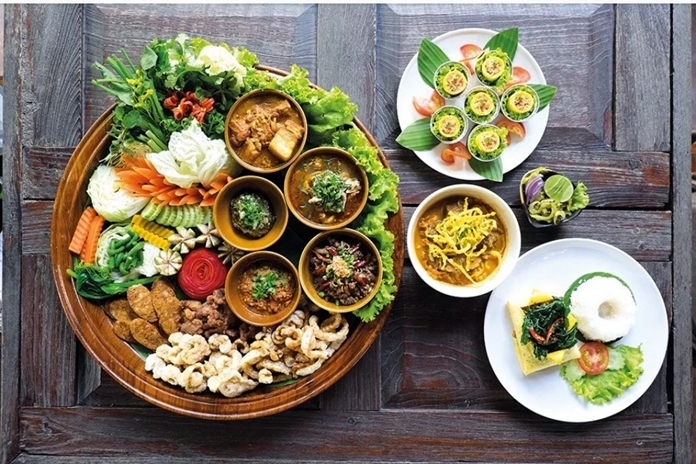
Sunday May 3 marks a full week that Thailand has seen the number of new COVID-19 cases drop below 10 on a daily basis (27 April, nine cases; 28 April, seven cases; 29 April, nine cases; 30 April, seven cases; 1 May, six cases, and 2 May, six cases).
Bangkok– The Tourism Authority of Thailand (TAT) would like to provide the latest update that businesses and venues are allowed to reopen May 3 with strict health and safety guidelines in line with Directives 5 and 6 under the extended Emergency Decree.
The Royal Thai Government has allowed relaxation of the Coronavirus Disease 2019 (COVID-19) containment restrictions for 10 clusters of businesses and venues starting 3 May, 2020.
The Bangkok Governor and Provincial Governors have the authority to continue the existing restrictions or implement the relaxation in line with the government’s directives and according to the local situation.
The sale of food and drinks in hotels, airports, train stations, bus stations, hospitals, restaurants and beverage shops, convenience stores, and street stalls is allowed. Pubs and bars can open, for take-home services or under strict health guidelines.
The sale of alcohol sale is allowed to resume from today, but consumption must be at home and gatherings are not allowed.
Shopping malls, department stores, community malls can still only open supermarkets, pharmacies, necessity items for daily life, banks, government and state enterprise services. Restaurants and food outlets can open but only take-home service is allowed.
Retail shops, wholesalers, markets, floating markets and flea markets can open with strict health guidelines. Hairdressers and barbers can reopen for limited services and by appointment only.
Hospitals, clinics, dental clinics and all healthcare facilities can open, except for cosmetic clinics. Golf courses and driving ranges as well as outdoor sport facilities – specifically for tennis courts, horse riding tracks, shooting ranges and archery ranges – can open, but no gatherings or competitions. Public parks can open for outdoor activities including running, walking, cycling or individual physical exercise, but no gatherings, competitions or shows. Pet shops and hospitals can open on appointment only.
Business and venue operators must follow guidance issued by the Department of Health, Ministry of Public Health. Five key measures are cleaning, wearing masks, provision of hand washing stations, physical distancing, and limiting the number of people. Additional measures are temperature screening, reducing time spent in close contact, one metre spacing for queuing, increasing ventilation.
Monitoring of businesses will be done randomly. Members of the public are encouraged to contribute to monitoring the adherence to guidance by business operators.
The Centre for COVID-19 Situation Administration (CCSA) reiterated that collaboration from the public is key. Decisions to move to subsequent phases of re-opening will depend number of new cases and number of people violating curfew.
On Sunday, Thailand reported three new COVID-19 cases, bringing the total to 2,969. Of these, 92.25% (2,739) have recovered, 1.81% (54) have died – no new deaths, and 5.92% (176) are receiving treatment. Today marks a full week that Thailand has seen the number of new cases dropped below 10 on a daily basis (27 April, nine cases; 28 April, seven cases; 29 April, nine cases; 30 April, seven cases; 1 May, six cases, and 2 May, six cases).
The Ministry of Public Health has issued recommendations, asking for cooperation from everyone to prevent the spread of COVID-19 disease, by keeping social distance, wearing a mask or cloth mask, frequently washing hands especially travellers from the risk-provinces that have reported large number of cases such as Bangkok, Nonthaburi, Phuket.
People must avoid close contact with other persons, no hugging especially with the vulnerable groups like the elderly, or those who have underlying conditions because it can increase the infection rate and potentially lead to severe disease more easily than in other groups.
People can greet via Wai (Thai greeting) from a distance of 1 or 2 metres. When staying together, people must wear the masks, use personal utensils or serving spoons, or eat a la carte servings to protect themselves and loved ones from getting the disease. (tatnews.org)
 |
 |
 |





